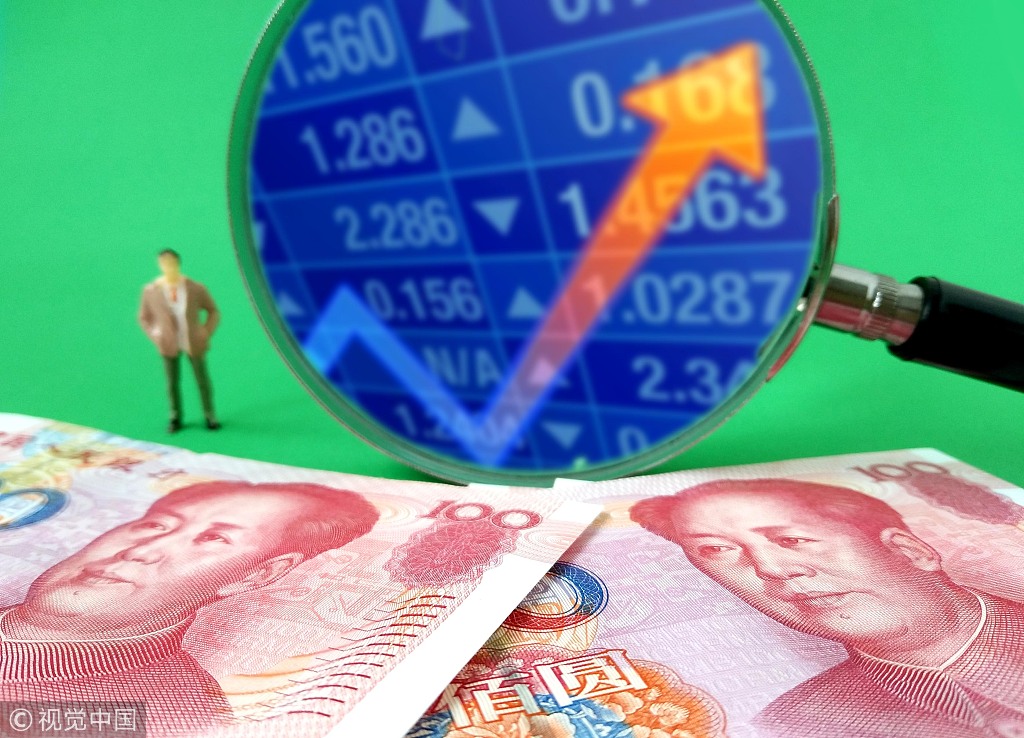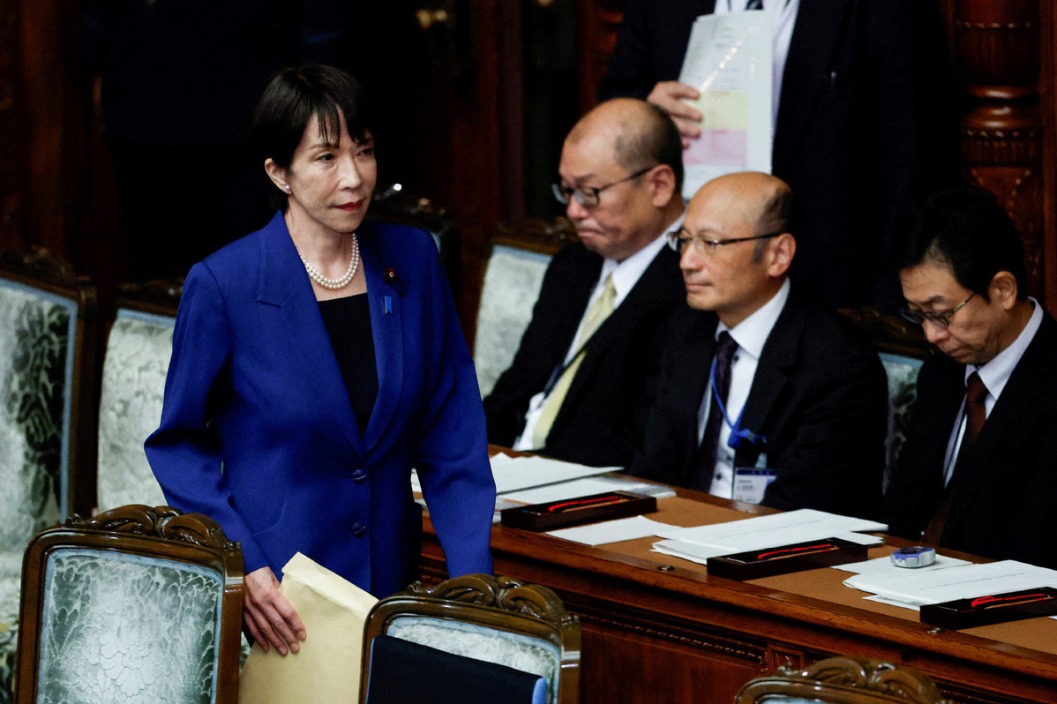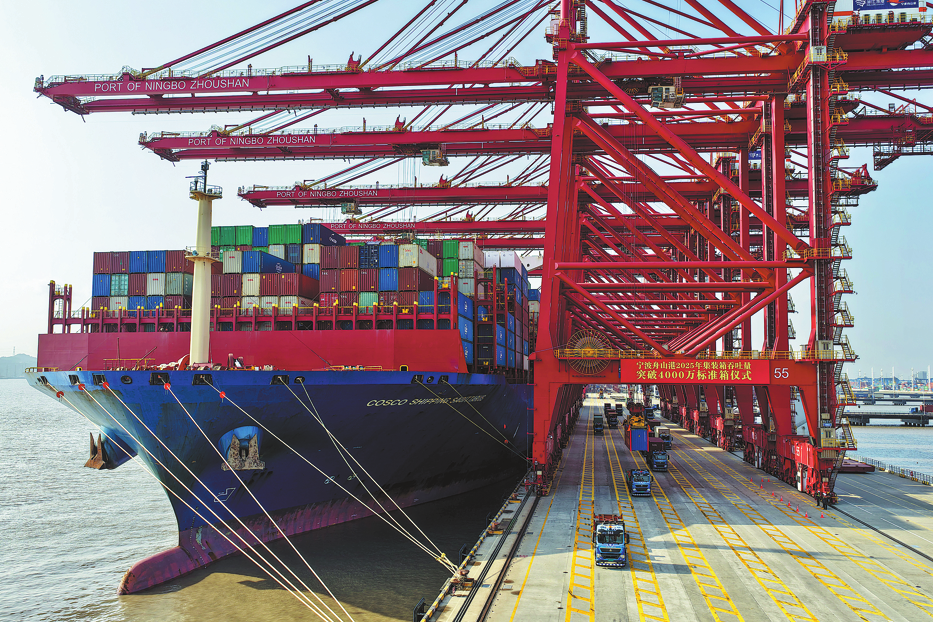Don't let public money benefit sticky fingered shareholders


Some shareholders of private enterprises have reduced their holdings by a large margin immediately after the enterprises received government bailout funds, which caused the slump of the stock price of the enterprises afterward. China Economic Weekly comments:
Spurred to do so by the central government, 13 provincial-level regions have so far promised to provide bailout funds totaling more than 70 billion yuan ($10.1 billion), some of which have already been given out to private enterprises with a crying need for cash. And more funds are believed to be on the way.
Those listed enterprises that have received bailout funds have seen a sharp rise in their stock prices. And in a number of cases, some of their major shareholders have immediately sold their shares. They reap the rewards of the government support and then run away.
The governments of various levels must be vigilant to the trend and keep an eye on the use of their funds. Otherwise, the fund will not serve its due role in fostering the industries, but simply help some individuals to profit from the government's support.
If the trend is not checked in time, it will deal a heavy blow to the market's confidence in China's private enterprises, as it is obvious that these shareholders are giving a vote of no confidence in the companies in which they had shares.
So the question is how the bailout funds should be used and supervised.
In the first place, the government should analyze the causes of the enterprises' difficulties, and their future prospects, as not all difficulties can be resolved by an injection of funds. It is necessary to invite third-party agencies to conduct professional evaluation of the needy businesses.
The stock market regulator and administrative departments responsible for State-owned assets, which the funds are, must take joint actions to look into the recent cases, which involve misappropriation of public money, and prevent any copycat behavior.


































